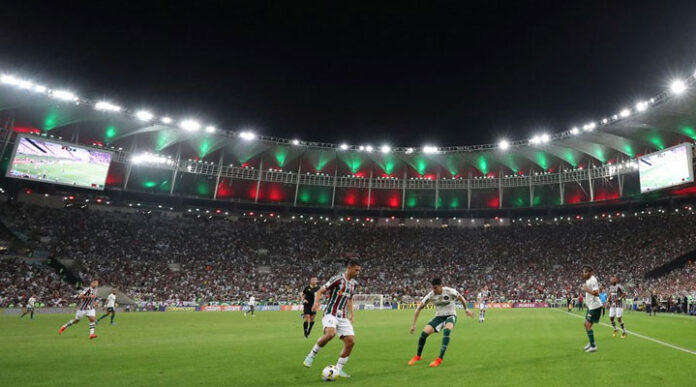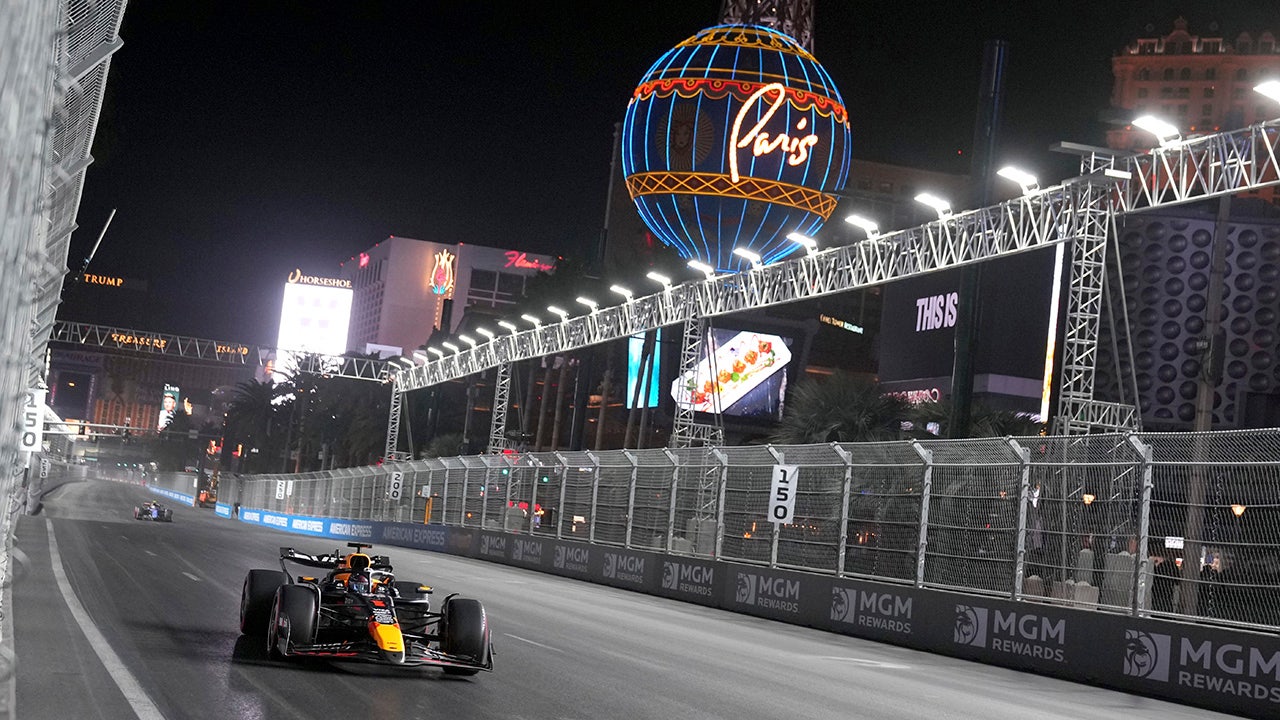A new law allowing Brazilian soccer clubs to seek outside investment is attracting hundreds of millions of dollars to a country known as football’s biggest source of talent, a shift that could see Brazilian teams compete with Europe’s top tier.
The influx of new, mostly foreign, capital coincides with an agreement last May by Brazil’s largest clubs to form a league modelled after the Premier League in the United Kingdom, which will centralise negotiations to sell transmission rights and marketing contracts.
The recent events have resulted in a funding bonanza for the Brazilian teams, which have long been fan-owned and closed to outside investors.
This may allow Brazil, the world’s largest football exporter, to keep its best players in the country for longer periods of time and charge higher fees for talent that does move abroad.
According to two people familiar with the situation, the biggest deal in the works is for a 51% stake in Brazilian league champion Atletico Mineiro, who said the club had met with dozens of investors. According to one of the sources, the transaction could be worth 1 billion reais ($200 million).
The individuals requested anonymity in order to discuss private matters. A request for comment was not returned by the club.
Guilherme Avila, a sports investment banking partner at XP, a Brazilian broker, predicts that over the next two years, at least ten fan-owned Brazilian soccer clubs will become investor-owned companies.
The sale of Cruzeiro to retired Real Madrid and Brazil striker Ronaldo in December became the first transaction to take advantage of the law, which was approved roughly a year ago.
Earlier this year, a deal was struck for Rio de Janeiro’s cash-strapped Botafogo. Vasco da Gama, its crosstown rival, was sold earlier this month.
The second-division Esporte Clube Bahia could be sold to City Football Group, an Abu Dhabi company that owns Manchester City and ten other football clubs.
The ongoing talks between Bahia and City Football Group were announced earlier this year by the Brazilian club’s president, Guilherme Bellintani. According to Bellintani, the deal is worth 650 million reais ($126.4 million).
City Football Group did not respond to questions about the Bahia deal. Bahia did not respond to an inquiry about the matter.
WINDFALL OF TV RIGHTS
Talks about lucrative TV rights are expected to begin next year, with a focus on 2025 and beyond.
The Brazilian network TV Globo purchased exclusive rights to the national soccer championship and many regional tournaments from the clubs until 2024. However, as in England, Italy, Spain, and Germany, the league will divide the rights into packages for which different groups may bid, including Globo but also other local and international media companies that show interest.
Last year, clubs in Brazil’s first division received 3.5 billion reais ($687 million) in transmission rights, the majority of which came from Globo and a portion from Amazon Prime.
In comparison, the Premier League in England, which has the highest soccer transmission rights revenue in the world, received $3.9 billion in 2021 from broadcasters such as Sky Sports, BT Sport, and Amazon.com Inc’s Prime Video.
In a sign of things to come, Globo’s rights to the regional championship in Sao Paulo were split for the first time last year between local broadcaster Record and YouTube (GOOGL.O), with a slice of pay-per-view games going to HBO Max/TNT Sports (WBD.O) as well as Globo. Revenue increased by 30% as a result of the new model.
ATLETICO LOOKS OVERSEAS
BTG Pactual, an investment bank, is advising Atletico Mineiro. According to one of the sources, the club approached City Football as a potential suitor, but the group was not interested in the deal.
Rafael Menin, scion of the MRV family and one of four businessmen who have lent the team 500 million reais in recent years, told Reuters that the club prefers an international investor “with experience or ownership of a large European soccer club.” He refused to comment on the possible price.
Fluminense, a 120-year-old club in Rio de Janeiro, has also hired BTG to help it find investors, but three people with knowledge of the situation who spoke to Reuters expect the club to fetch less than Atletico given its weaker finances. Fluminense did not respond to a comment request.
According to three bankers, the biggest clubs, including Corinthians and Palmeiras, may consider going public. According to the bankers, some clubs with healthy balance sheets may be opposed to selling control to a single investor and would prefer a more diverse shareholder base.
“Depending on the financials, listing may make more sense than a private deal,” said Bruno Amaral, BTG’s head of M&A.
Corinthians and Palmeiras did not respond immediately to requests for comment on their potential IPO.
Other soccer club listings have had a mixed history, with the world’s largest listed club, Manchester United (MANU.N), consistently underperforming the S&P 500. Last week, United made headlines when billionaire Elon Musk joked about buying the famed team, sparking takeover speculation.
NEW SOCCER LEAGUE
Flamengo, Corinthians, Palmeiras, Sao Paulo, and Santos are among the 13 clubs in the new Brazilian league, known as Libra. The second group of 25 teams is in open talks to join Libra.
“A professional league has the potential to completely transform Brazilian soccer,” said Alessandro Farkuh, a sports and media banker at BTG, which is advising the new league. He believes that professional rights negotiation could significantly increase revenue for clubs.
Brazilian clubs earn only 1% of their revenue from international transmission rights, compared to 48% for the Premier League and 44% for Spain’s La Liga.
In a June report on the soccer business, XP analysts predicted that Brazilian clubs could earn 200 million reais ($39 million) from international rights in the first year, accounting for less than 5% of total revenue.
According to Francisco Clemente, KPMG’s sports and media leader, the new scenario could lead to $5 billion in annual revenue for Brazilian soccer, up from $1.3 billion last year. The firm advises Atletico Madrid and Corinthians, Brazil’s second-largest club in terms of fan base.
“Annual revenues could quadruple if Brazilian soccer receives the same GDP share as Spanish and British soccer,” he said.
Analysts believe that this could revert the recent trend of Brazilian players being sold to European clubs before reaching their peak potential. According to XP, the average transfer value in Brazil fell to 12.9 million euros last year from 19.2 million euros in 2018.
The average Brazilian transaction is only one-third the size of the average Spanish transfer deal (35.7 million euros).
With higher revenues, Brazilian clubs may be able to devote more time to the development of exceptional players rather than relying on transfers for recurring revenue, according to XP’s Avila. This may lead to higher average transfer values in the future.
“With higher revenues, Brazilian clubs will be able to keep top talent in the country for longer,” Avila said.





